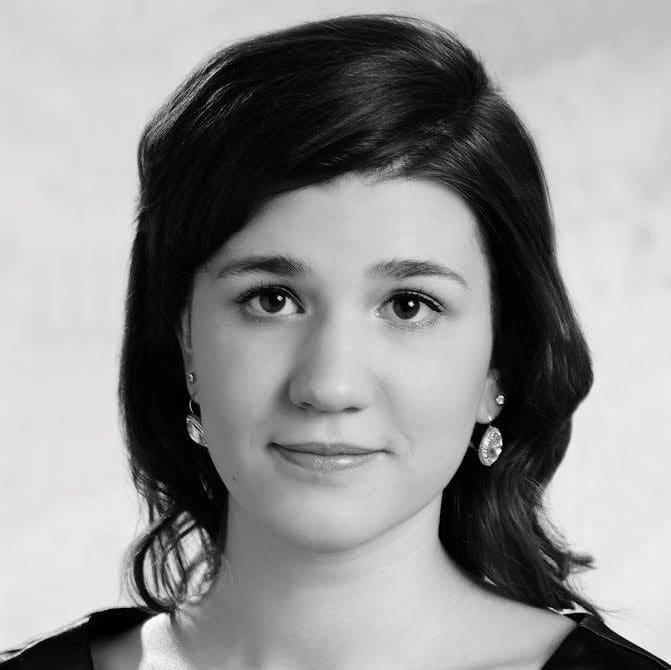



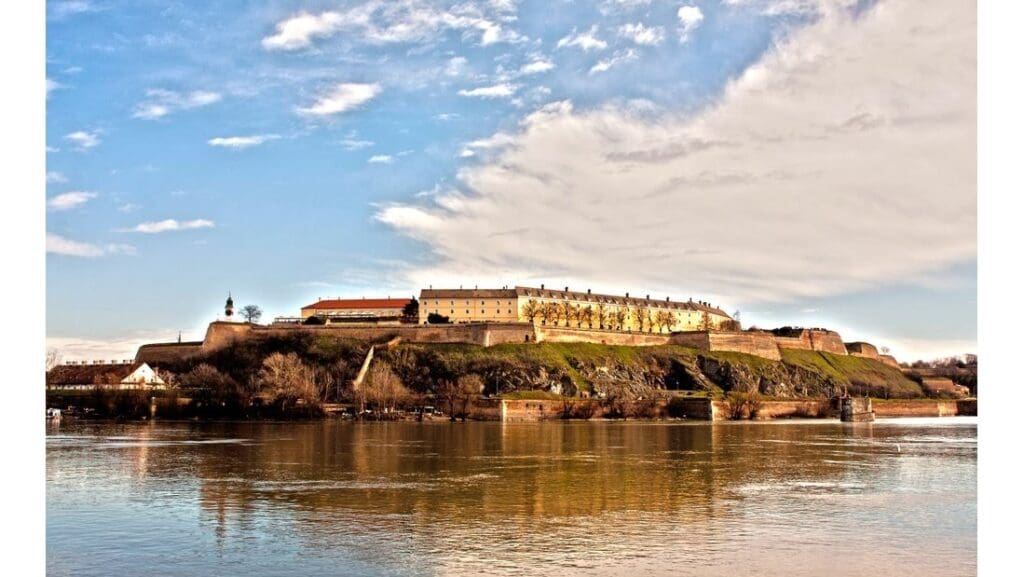
The national narrative that Hungary is the bulwark of Christianity and Western Civilization was formed in the battles won on the lands of present-day Serbian Vojvodina, also known as Vajdaság in Hungarian.
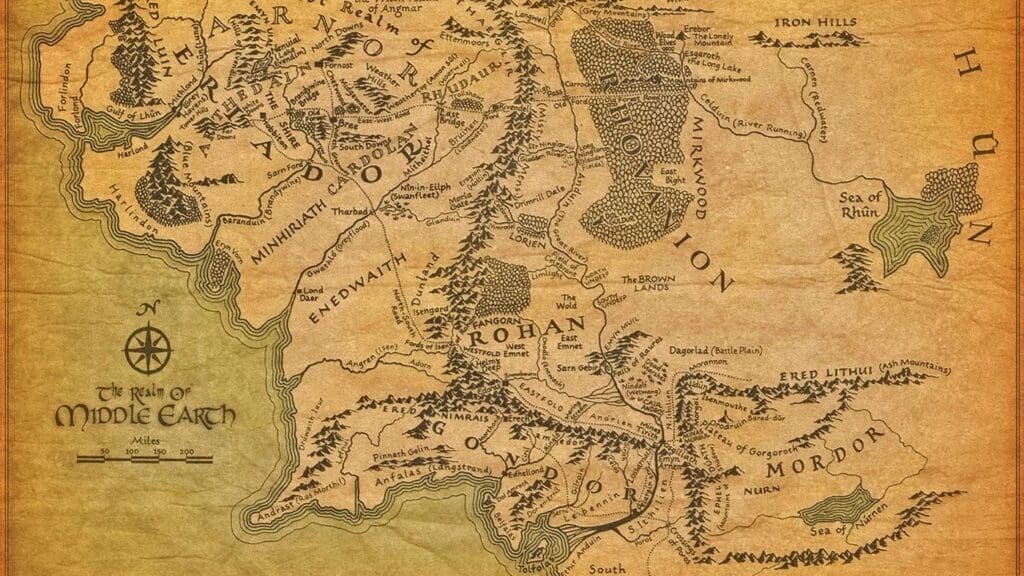
Christianity has permeated most of the Western world’s cultural accomplishments. Its influence can also be detected in many literary works of a very peculiar genre: the imaginary universes of great scale and depth of speculative fiction.
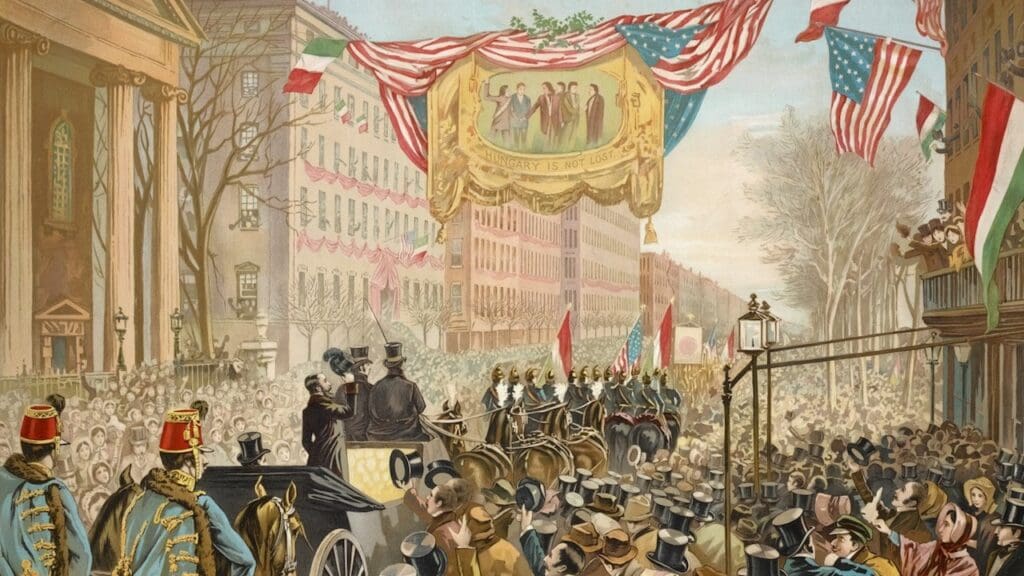
Hungary is not just a great country to live in, but also a nation with rich history that sparked the attention of many excellent historians from all around the world. A list of books about Hungarian history definitely worth reading.
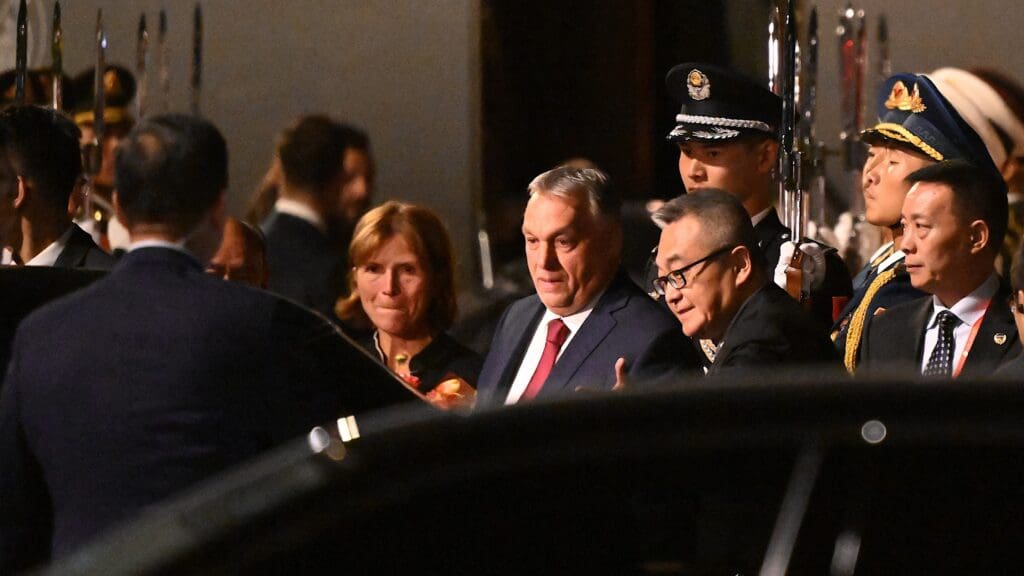
Hungarian-Chinese relations are largely about a medium-sized nation’s struggle to diversify and reduce the risk of having all of its eggs in the German manufacturers’ basket.
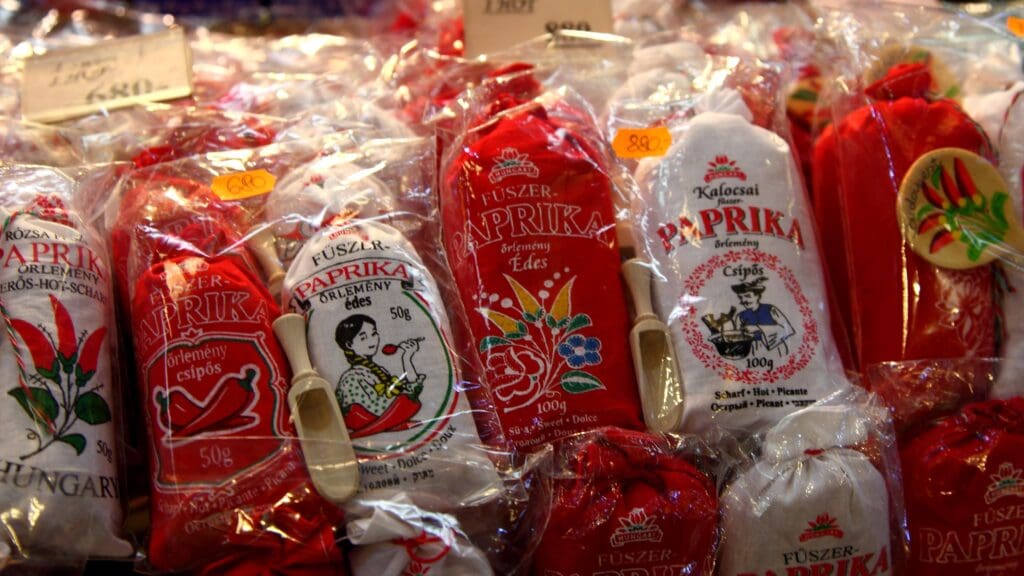
Paprika is more than just a spice – it is part of how Hungary is perceived, it is part of what Hungary is.
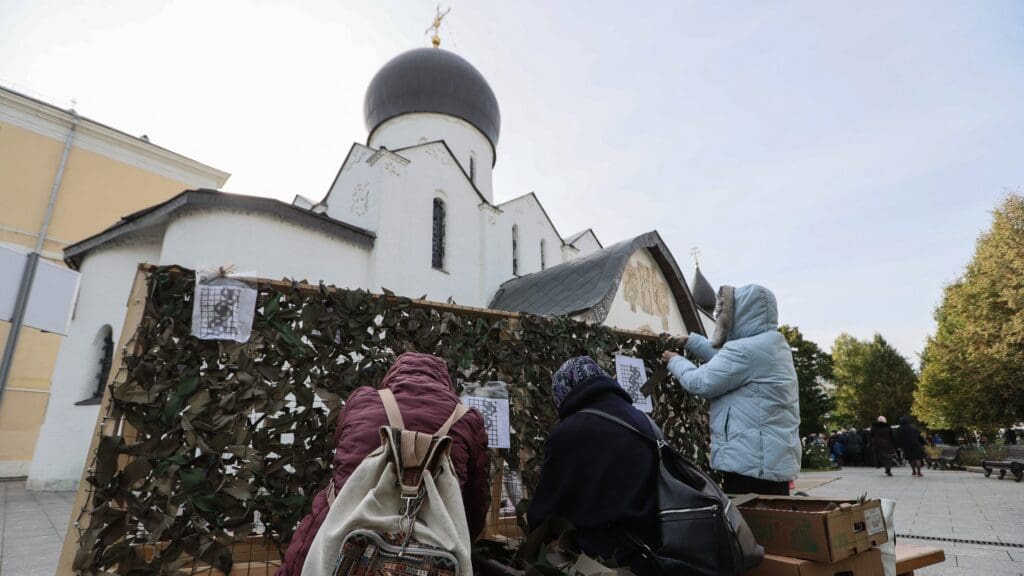
At the discussion Russia expert David Satter expressed scepticism about Russia being trustworthy regarding keeping the terms of a potential ceasefire, while Attila Demkó argued that Ukraine has already secured a great victory against Russia: it has not become a puppet state of Moscow.
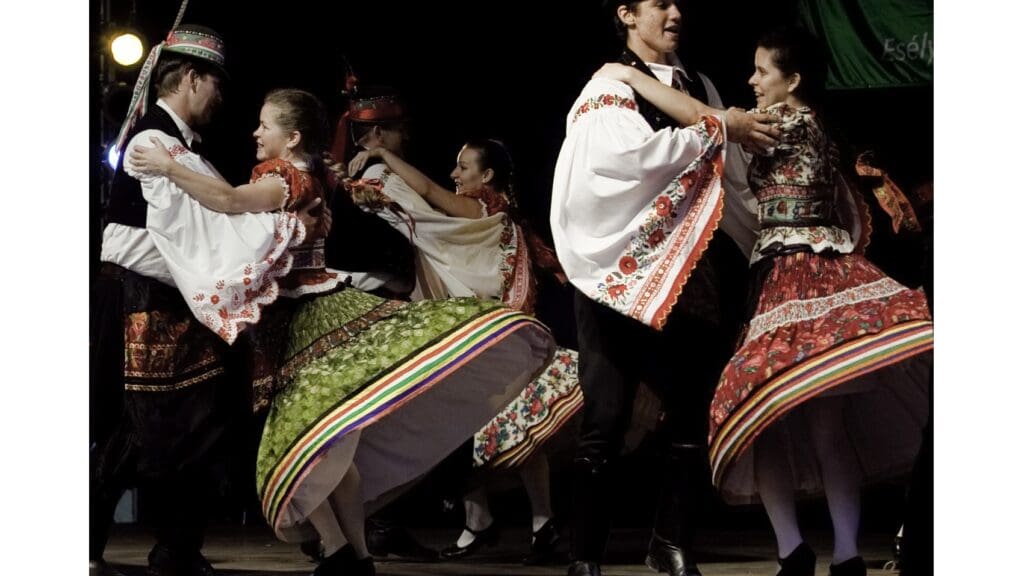
The first documented piece of Hungarian music dates back to the 11th century, thus recorded melodies have been an important part of Hungarians’ lives for a thousand years.
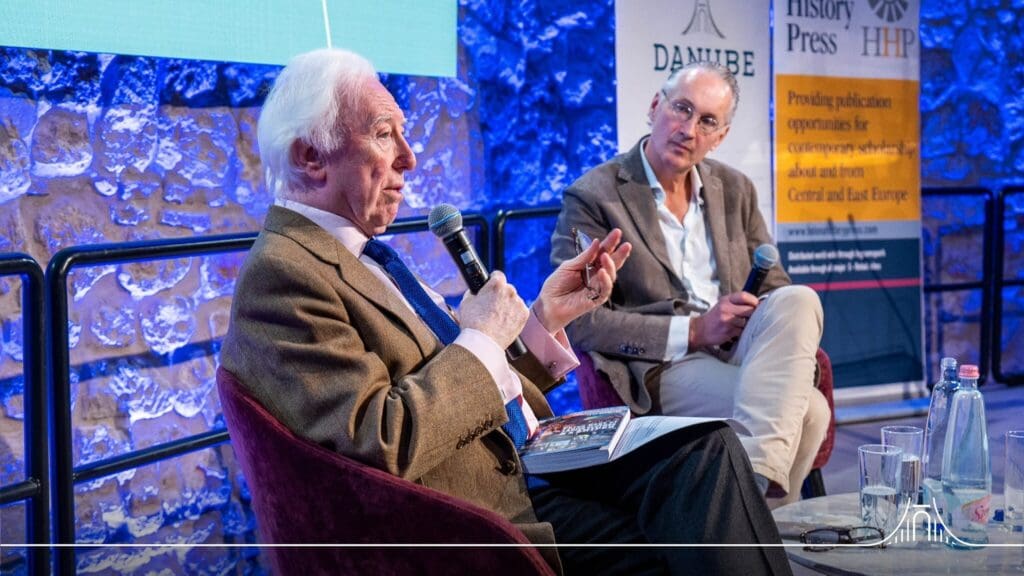
Recently, the Danube Institute co-hosted an event with Helena History Press where Danish author Jaap Scholten talked about his personal experiences while travelling throughout Ukraine in the first six months of the war.

Tom Holland, the British author argues in his book, Dominion, that even the most fervent Western secular humanists are deeply influenced by Christian values, perhaps more so than they might be willing to acknowledge.
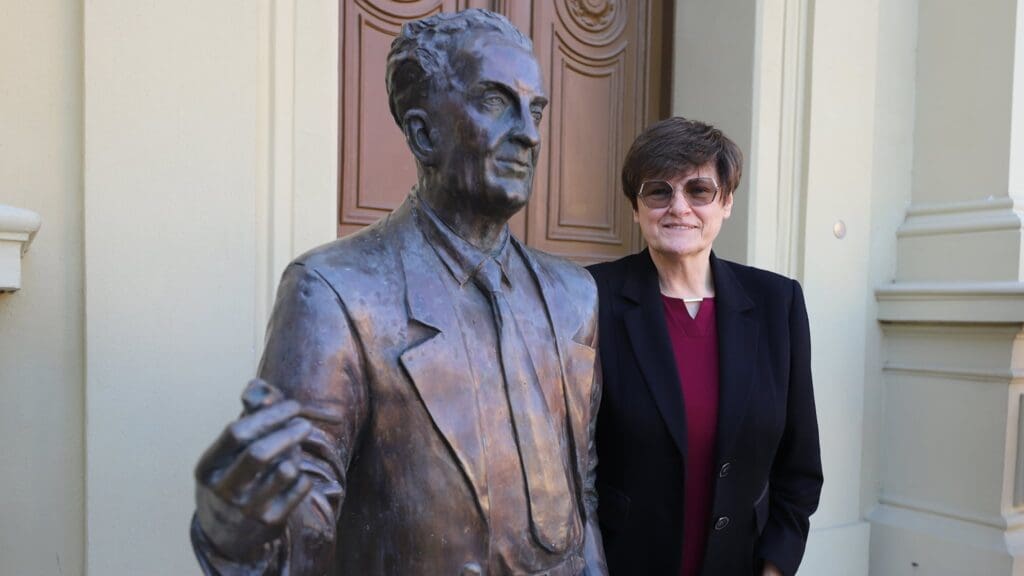
With two Hungarians being recognized with a Nobel prize this year, it is worth remembering that the two scientists join a long list of Hungarian academics. Hungary in fact occupies a prestigious place on the list of countries with the most Nobel laureates.
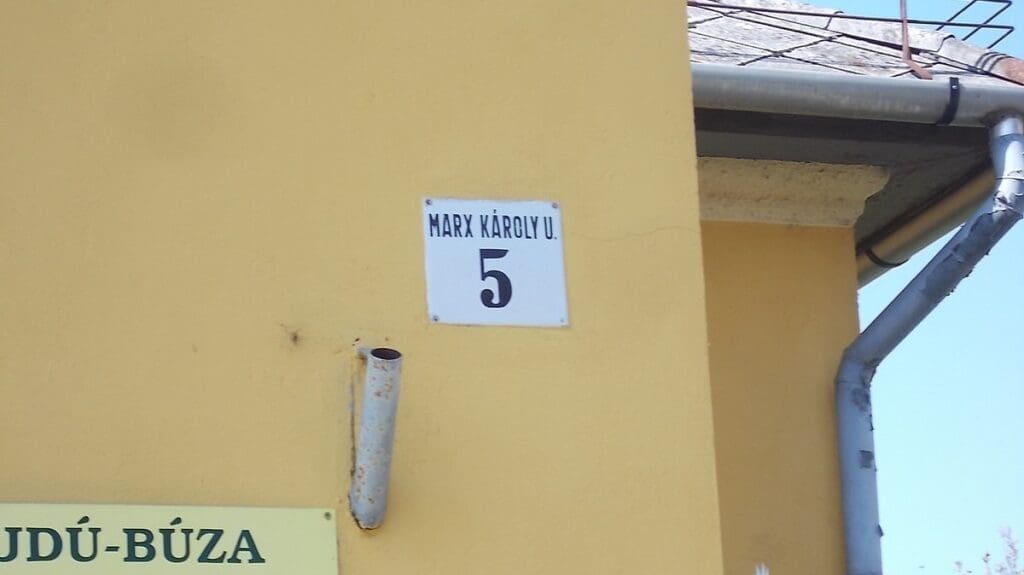
Over 30 years after the regime change, there are still hundreds of public places in Hungary named after people involved in the introduction and maintenance of 20th-century totalitarian regimes.
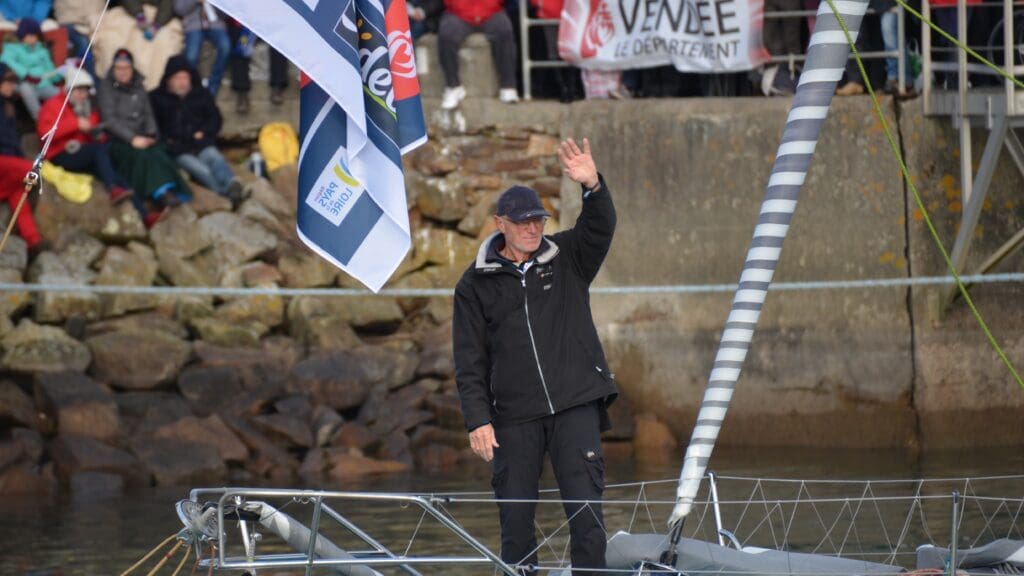
Missions Almost Impossible: the story of the Szent Jupát and Nándor Fa, the man who sailed around the globe five times, three times all by himself, and once when he was over 60 years of age.
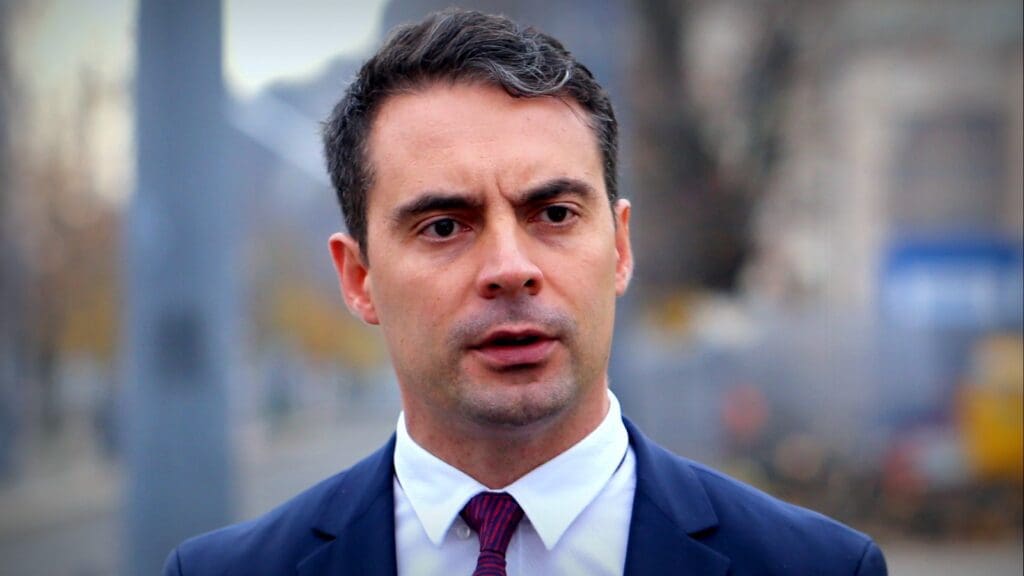
2RK, the newly established centrist political party, is headed by the former president of the once radical right-wing Jobbik, Gábor Vona.
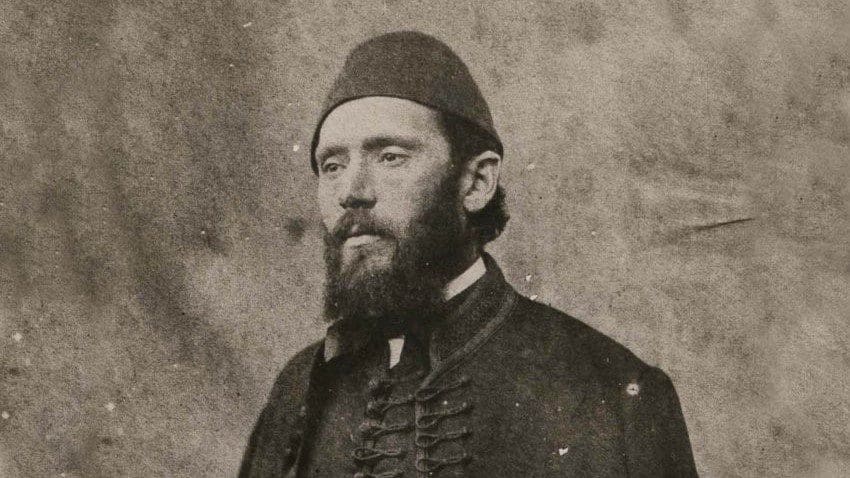
Ármin Vámbéry was an internationally respected scholar, traveller, linguist, and ethnographer who pioneered in the research of the Orient. He is commemorated for his unceasing will, lifelong dedication to science, and profound contributions to Middle Eastern studies.
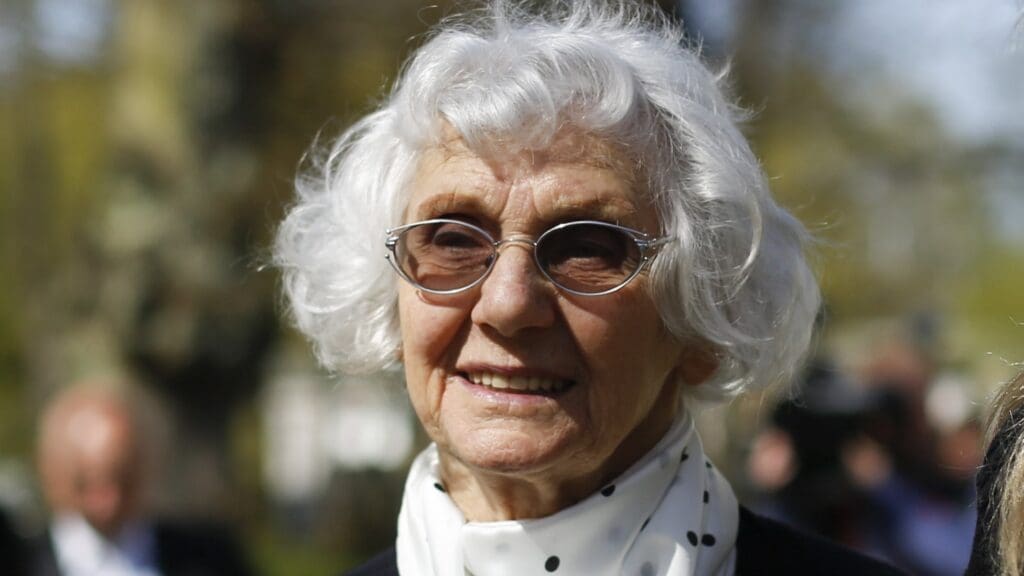
Éva Fahidi, a Holocaust survivor and witness of the greatest tragedies of the 20th century, was a restless artist who even in her 90s was dedicated to teaching the lessons of the past through her books and performances.
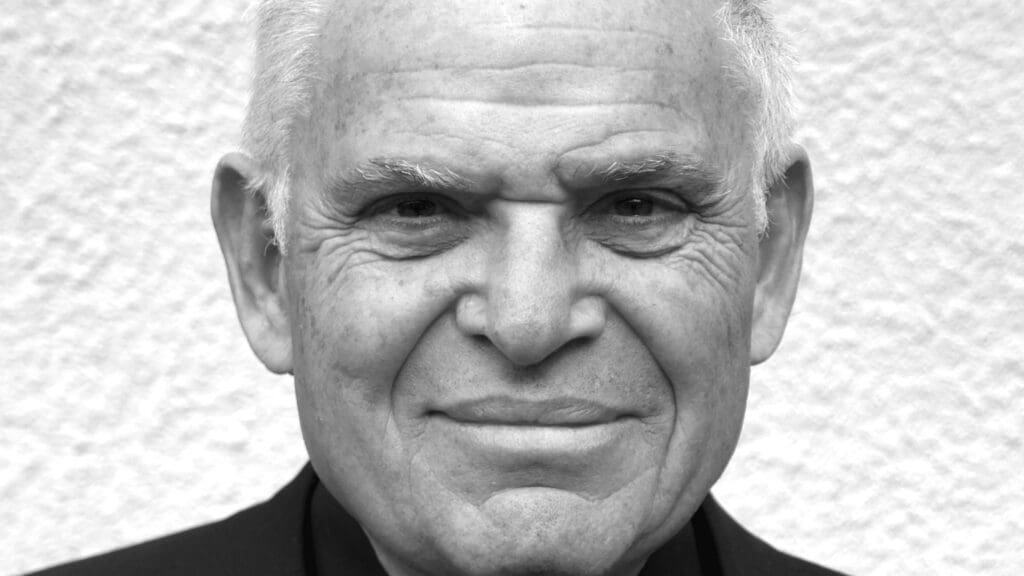
Edward Nicolae Luttwak is an American strategist of Transylvanian extraction whose works give a valuable insight into the logic of confrontation between adversaries. His framework is useful for understanding the dynamics of any conflict, be it a clash between two palaeolithic tribes, a full-scale war or a street fight.
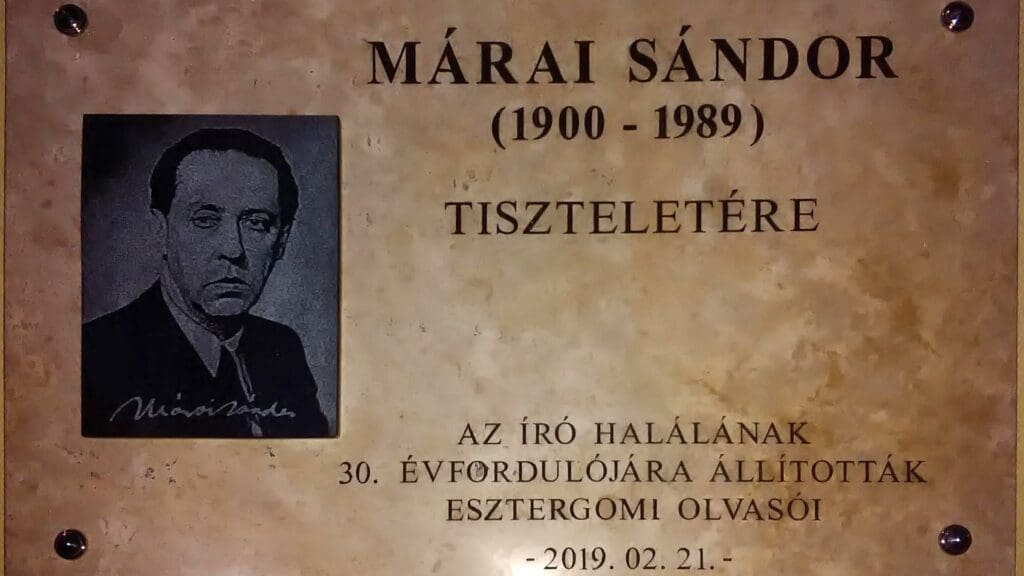
The life and works of Sándor Márai, a prolific Hungarian writer and intellectual, serve as an example for conservatives everywhere, urging them to protect their nationhood and oppose totalitarian ideologies.
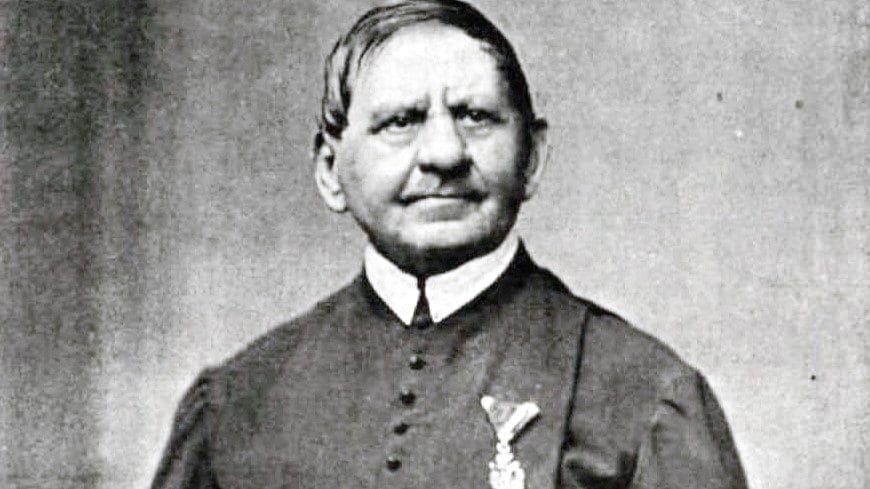
Else then a faithful Catholic and an exceptional scientist, Jedlik was also an ardent patriot. Even prior to the enactment of the law that established the Hungarian language as the language of public education, he extensively used Hungarian during his lectures, and Hungarian technical terms in his scientific work, enriching the Hungarian language with a new scientific vocabulary.
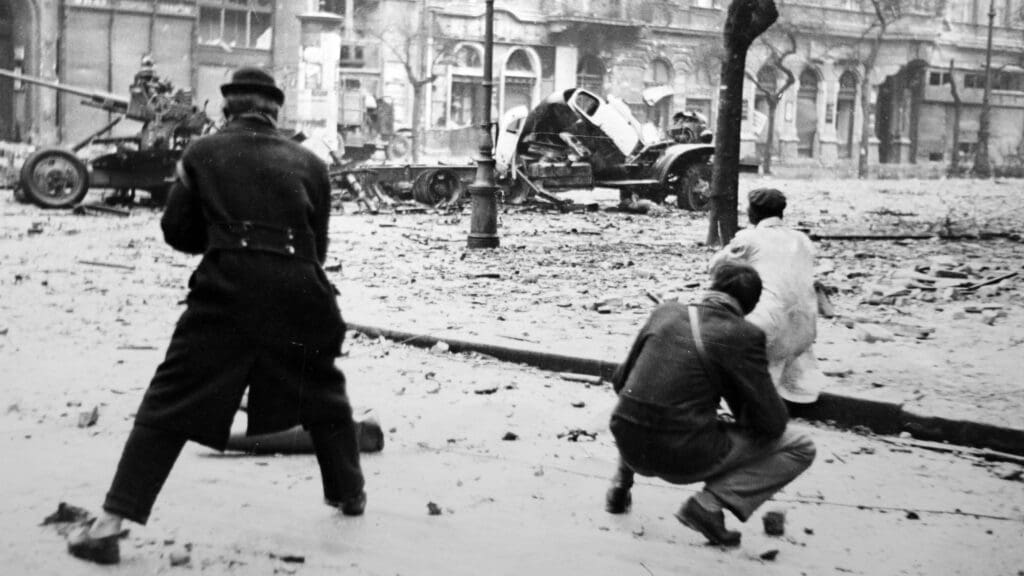
A recently released Russian history textbook defaming the Hungarian 1956 Revolution and Freedom Fight has caused serious public uproar in Hungary, with many on the right and the left denouncing it as a falsification of history.

The new ambassador to Hungary, Sándor Fegyir (in Ukrainian: Федір Федорович Шандор) was born in Ungvár (Uzhorod) into a Hungarian Ukrainian family in 1975. A sociologist and university professor, he volunteered to fight for his country when Ukraine was invaded by Russia, and he has been on the front ever since as the leader of the so-called ‘Tanscarpathian Dragons’ unit.
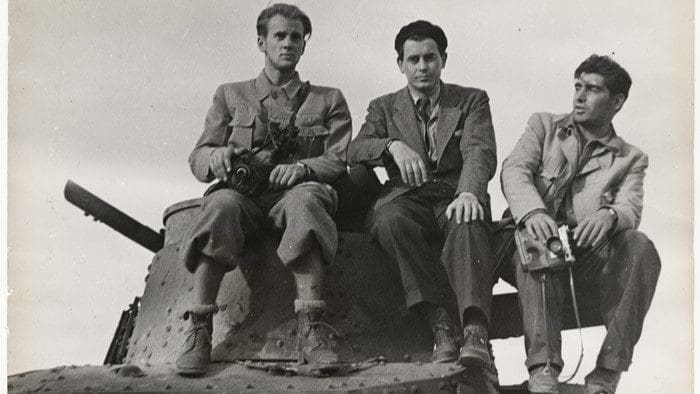
The birth of an ever-changing art, modern photojournalism is linked to a world-famous Hungarian: Robert Capa. A permanent exhibition in Budapest introduces visitors to his exceptional life and work.
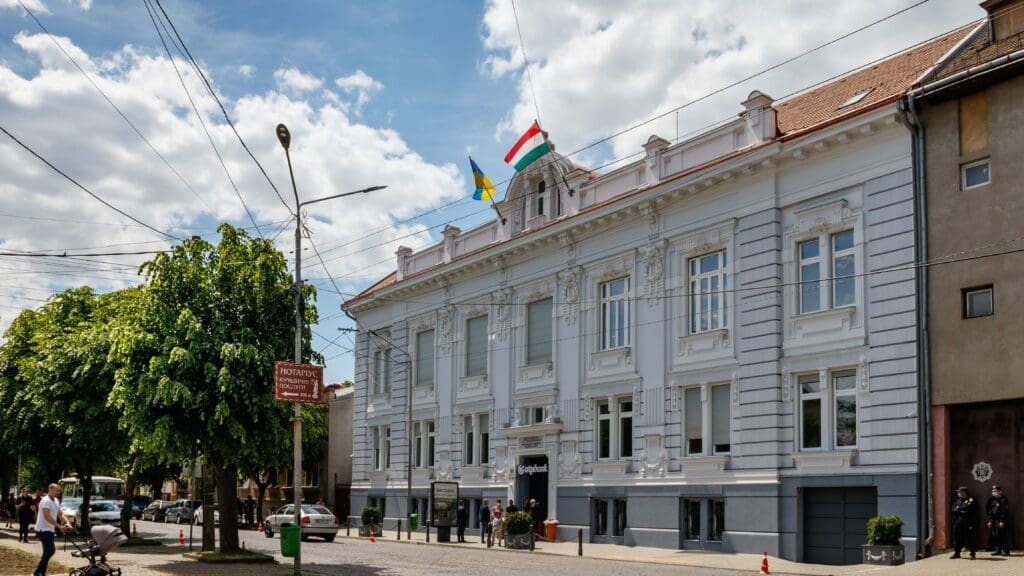
Contrary to what one might expect, Ukrainian media outlets have not shown support for the recent provocative appointment of Marija Pauk as head of the II. Rákóczi Ferenc school in Transcarpathia.
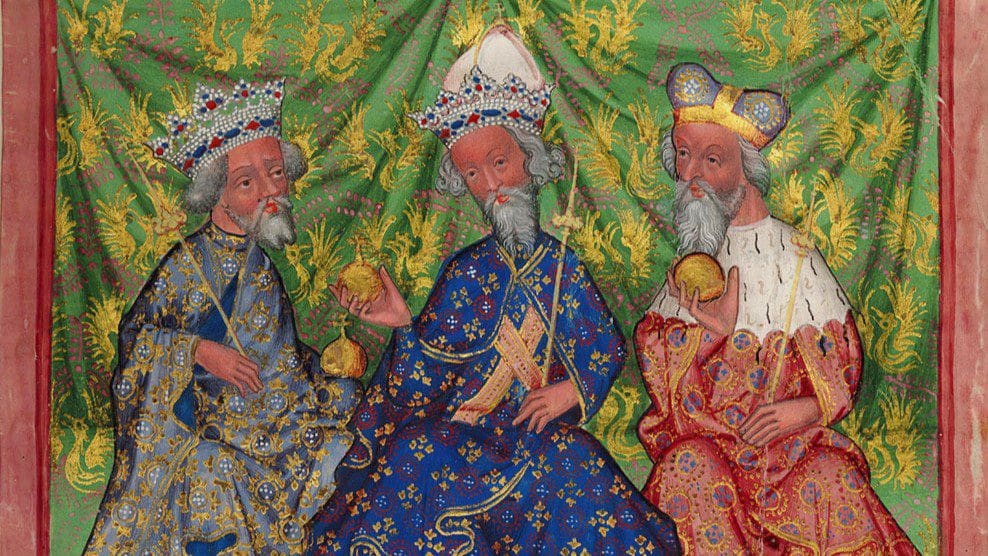
Czech toponyms that include the adjective ‘Hungarian’ allude to the historical, centuries-old relationship between Hungary and Czechia that has not always been perfect, but nonetheless close. This is a region where the fates of the two countries were intertwined for a long time—the Bohemian–Hungarian frontier.
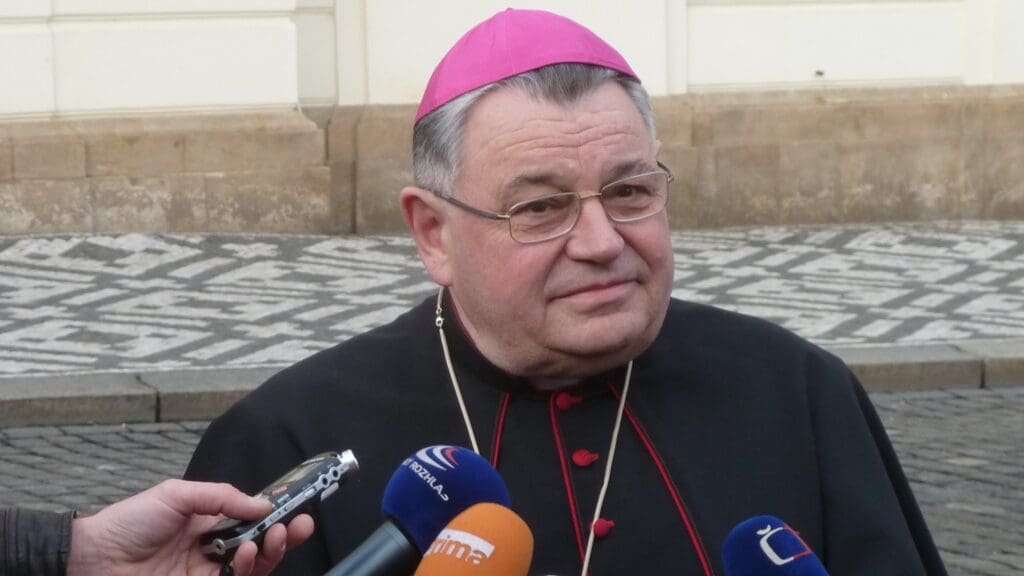
The spirit and dedication to God of Cardinal Duka were not broken when in prison as an underground clergyman—he kept conducting masses for his prison mates that he disguised as occasions of a chess club. A couple of years ago, in an interview with Mandiner, he said: ‘My personal experience is, as someone who also suffered imprisonment for the sake of justice, is that the question often arises: “who is really the prisoner?”. It was not clear whether it was us or those who were looking at us from the other side of the bars.’
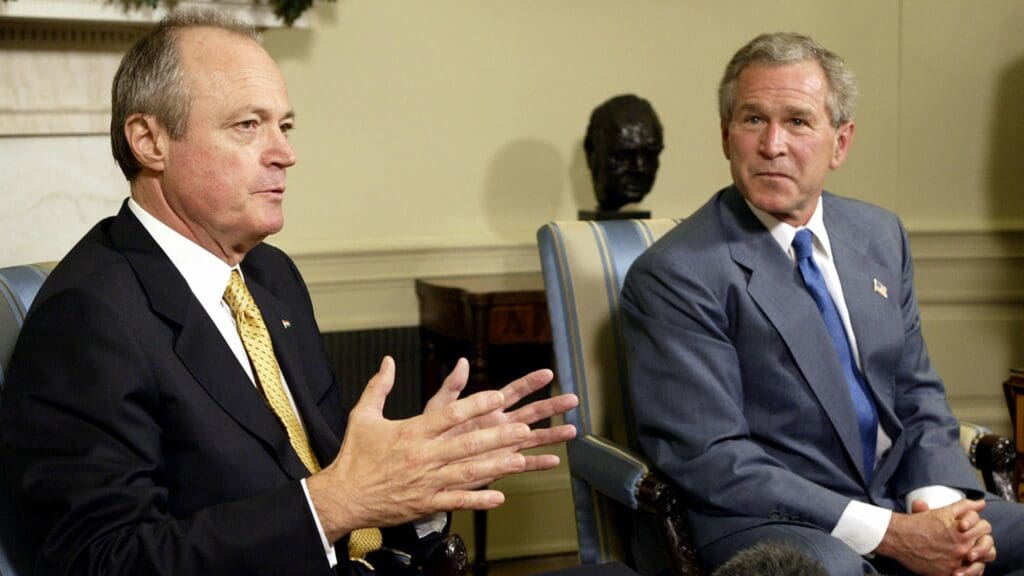
Socialist Prime Minister Péter Medgyessy resigned on 19 August 2004, partially due to his engagement in counter-espionage for the communist regime being exposed by the newly independent and free media.
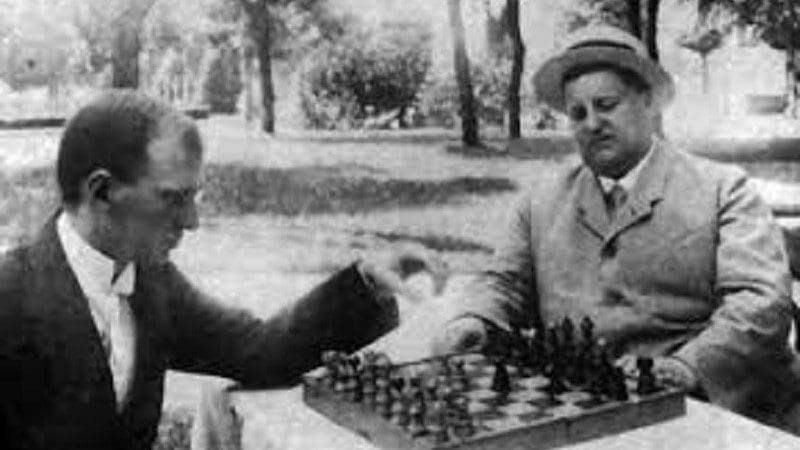
István Abonyi, the decorated Hungarian chess player, laid the foundations for Hungary becoming one of the most successful chess nations in the world.

The most mouth-watering traditional Hungarian food, the kürtőskalács inspired many regional spit cake varieties.
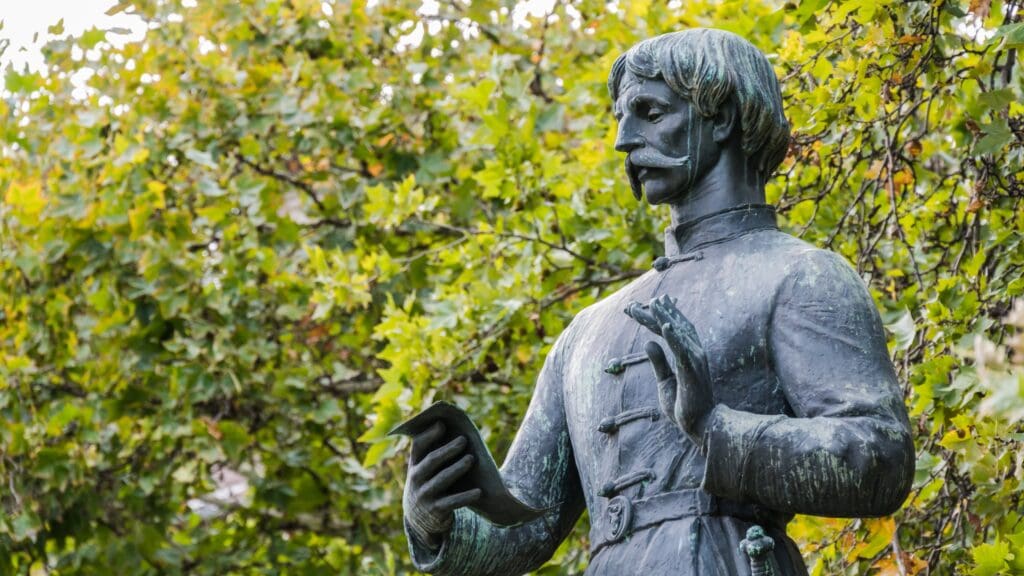
Baron Bálint Balassi de Kékkő et Gyarmat is celebrated as the pioneer of Hungarian romantic poetry, a valiant soldier, a daring lover and an accomplished polyglot. His life and achievements embody the true spirit of the Renaissance, and read like a tale of romance, valour, and fighting spirit.

The upcoming celebrations on 20 August centre around one of the most magnificent buildings in Budapest: Saint Stephen’s Basilica. That is also where The Holy Dexter, the right hand of Saint Stephen, the first king of the Kingdom of Hungary, is kept.
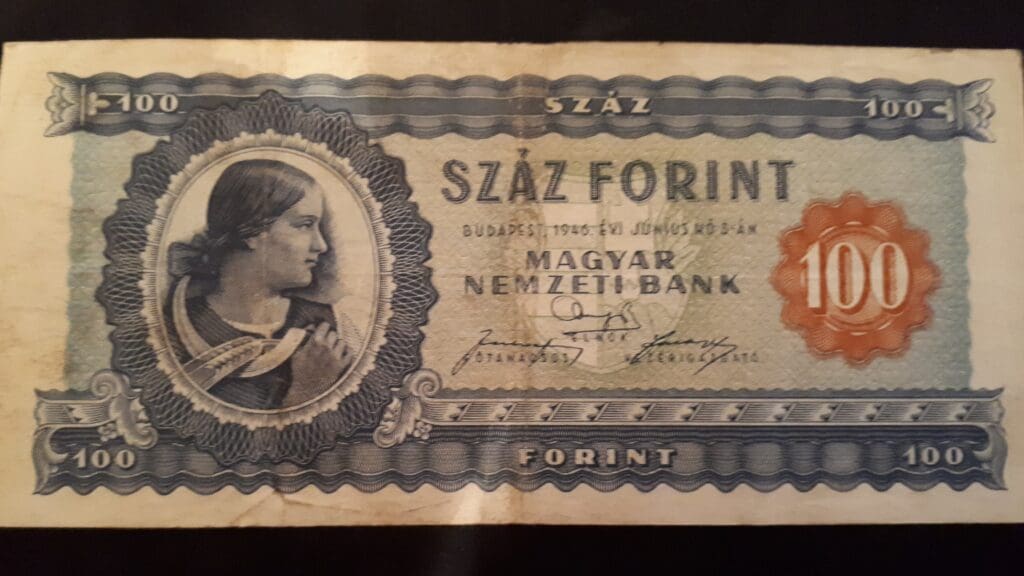
The Hungarian currency, the forint celebrates its 77th birthday on 1 August. But in reality, the forint’s history can be traced back to as long ago as the 1320s.